For Grammy nominated rocker Ja’son Manwill, the competition to be America’s Next Top Hitmaker is the latest step in a career as a performer, songwriter and producer.
Between steps were some challenges that could have caused him to surrender to the emotion in the title of his Grammy nominated single “Despair.”
Instead, he is now a quarterfinalist in the Hitmaker competition, which puts him among the top 1 percent of contestants.
He wants fans to know this about him: “I have been through so much in such a short period of time that I appreciate life to the fullest, and I want to make sure every time a fan comes to my show, they get the best show they’ve ever seen. I leave everything on the stage.”
His specialty is rock, his own and his take on rock classics. He has a voice built for the job and the guitar work to go with it.
His first instrument was the piano, and from there he progressed to the point where he now plays that and guitar, drums, bass, cello and 24 other orchestral instruments.
“When I was growing up, I played piano, then from piano I learned bass, and then from bass I learned guitar.”
His career to date has had more twists and turns than a dirt road in the Rockies. In the beginning, he played in Chicago area cover bands. In 1995, he wrote “Despair,” the song that eventually got him a Grammy nomination. That’s a story, too.
He was in a relationship, a serious one involving a ring, but one day she gave him the ring back. Sort of.
“Basically, I got the ring back not from her but her mother, and the day I found out was the same night that I watched The Wedding Singer and Adam Sandler’s song about Linda. Immediately after I watched that movie, I went to my bedroom and started writing ‘Despair.’”
At the time, he said, he was listening to Green Day and Blink 182, so the music is “an homage to them.” The vocals were inspired by the Sex Pistols.
“At first it was really, really dark, and it evolved from there.”
About that same time, someone close to him told him that he had no talent and no voice and he took it to heart.
“Basically, for 12 years I stopped doing what I loved because someone close to me told me that I wasn’t good enough.”
During those years, he made a living traveling and speaking and doing training seminars.
“I was a speaker and trainer traveling all over the world, to three continents, and I was on some of the top stages of the planet.”
But after his day job came music.
“At night, I would go to the hotel lobby and I’d say, ‘Hey, where’s a karaoke bar? Where’s an open mic bar?’ And I would go there and perform.”
Gradually he regained his passion and drive for music.
“Every time I went somewhere, that’s what I was doing.”
One night in Wisconsin, he was playing Led Zeppelin’s “All My Love,” and someone came up to him and said, “Hey, would you like to be in our band?”
“Like, it was just that simple.”
That was 2007. Two years into that renaissance and he was back, about to make it big. He had an interview scheduled on MTV and then, in a freak accident, he suffered a traumatic brain injury when he raised up while getting cilantro out of the refrigerator and hit his head on the freezer.
The blow struck a soft spot on the back of his head. “I was 2 pounds, 14 ounces when I was born, and that soft spot on the back of your head, which normally grows and fills in, did not do that for me.”
Three days later he was in an ICU, experiencing a hundred seizures an hour. That was his life for years.
In the 2014-15, period, he said, “I decided that I was going to be the cause versus the effect of my environment and, no matter what, I was going to get back on the stage again because that’s what I love doing.”
He describes that time as “tough.” He hadn’t played any instrument for years, but he persevered and, eventually, “I left everything and went to Paris, France. I played with people from ‘The Voice,’ and I was playing every day in the squares with them. I got my passion back to play again.”
Back in the states, he continued performing at karaoke and open mic bars, wrote the music for Ashley Garland’s award-winning song “Mother,” from the film Nawal the Jewel, finally produced “Despair” and was nominated for a Grammy.
Since 2022, he said, “I’ve been taking my music to a whole ’nother level,” performing at karaokes and open mics.
In addition to his appearance on “Hitmaker,” he is getting ready to put out some music.
A pair of songs is coming out in October: “It Bites Like a Serpent,” “which is like a Doors-slash-Ozzy Osbourne type of song,” and “Fright and the Fear,” “a Metallica inspired riff with melodic things that you’ve never heard.”
Before then he has a three-track EP he will release as soon as he gets it back from production. “Finding Love Again” is an AC/DC-Guns and Rose type of thing.” “Prisoner” is like Guns and Roses with Days Of The New and a “’90s type of feel.”
“And ‘Rise Above It All’ is the true story of a person that was addicted to drugs for 40 years, got off them, started helping other people get off them, and he wanted me to tell his story.” It has some Led Zeppelin vibes and it also has “this Elton John, Billy Joel type of flair.”
Every song he does, he said, is different.
Connect to Ja’son Manwill on all platforms for new music, videos, and social posts, and cast a FREE vote for Ja’son to be featured in Rolling Stone Magazine this September at https://tophitmaker.org/2024/ja-39-son-manwill.
Website
Amazon Music
Apple Music
Spotify
YouTube
Facebook
Instagram
TikTok
-
Watch Flavor Flav Ring the New York Stock Exchange’s Closing Bell & Send the Gavel Flying Into Crowd
The Public Enemy rapper joined the U.S. Women's Water Polo Team he sponsored at the 2024 Summer Olympics.
-
Remy Ma Goes Topless In Racy 'Outta Control' Video With Fat Joe
Remy Ma has debuted a risqué new look in her new “Outta Control” video with Fat Joe and Cool & Dre.
-
Bakar announces London 2024 Alexandra Palace show
The musician said the gig will be his "best one yet"
-
Macklemore accidentally invites a woman wanted by police on stage in Slovakia
The woman's social media post boasting about the experience led to her arrest
-
Don McLean worried for “monster star” Taylor Swift: “I hope she stays happy”
He described her as “such a smart lady” and “so talented”
-
Fans react to divisive new Man City kit, designed in collaboration with Noel Gallagher
"I love a Noel Gallagher song but what the fuck does he know about typography"
-
Tory Lanez's 'Prison Tapes' Hits Roadblock As Recording Equipment Gets Seized
Tory Lanez‘s Prison Tapes series has likely come to an end as his recording equipment has been confiscated.
-
Juvenile 'Mad' At Lil Wayne Super Bowl Snub But Doesn't Blame JAY-Z
Juvenile has joined the chorus of criticism against Lil Wayne being snubbed for next year’s Super Bowl halftime show — but his frustration lies with the NFL, not JAY-Z.
-
Beyoncé Reveals Historical Meaning Behind 'Cowboy Carter' Album Title
Beyoncé has revealed the significance behind the name of her latest album Cowboy Carter — and it goes deeper than just its country sound.
-
Young Thug Tweets Out Support For Tyreek Hill After Police Detainment
Thugger knows legal red tape well.
-
Future Drops New Snippet And Official Album Trailer For "Mixtape Pluto"
Future knows he's sitting on a goldmine.
-
Tyler, The Creator Calls Out Kanye West For Using Backing Tracks In Concert
Tyler aired Ye out on Instagram.
-
Royal Deb displays her Jamaican roots new reggae single “Somebody For Everybody”
Since Royal Deb was just a child in St. Ann, Jamaica, she has been immersed in the reggae music scene.
-
FP Relly releases one-two punch of hip-hop songs in “Enjoy the Life/Fast Money” off his newest album Perseverance Vol. 1.
Atlanta based rapper FP Relly has just dropped a brand new one-two punch of songs, complete with a music video, that will show how he enjoys life and strives to get that bag.
-
Indie Singer-songwriter Lizz Pens a Song for Healing in Latest Single ‘There’s A Place’
Singaporean singer-songwriter Lizz shares her recent single, “There’s A Place,” an ode to healing in the face of suffering and war.
-
Petty Human Emotions releases crowd pleasing rocker “Sadness,” off their new album Outside
Petty Human Emotions has released a fan favorite new single, “Sadness,” that singer and guitar-ist James Nardiello said is always a banger at their shows, and translates well onto record.
-
ASTAR Shines Brightly with Pop-Afro Single ‘TTL TTR’
Singer and philanthropist Astou Sandra Smith—better known as ASTAR—is set to release her latest single, “TTL TTR.”
-
T'Myh B Makes Falling in Love Fun Again with Latest Single ‘Honey’
Singer and songwriter Tamiyah Alexis Brown—known as T'Myh B—is doubling down on love with an upbeat single about taking the first step.

.jpg)
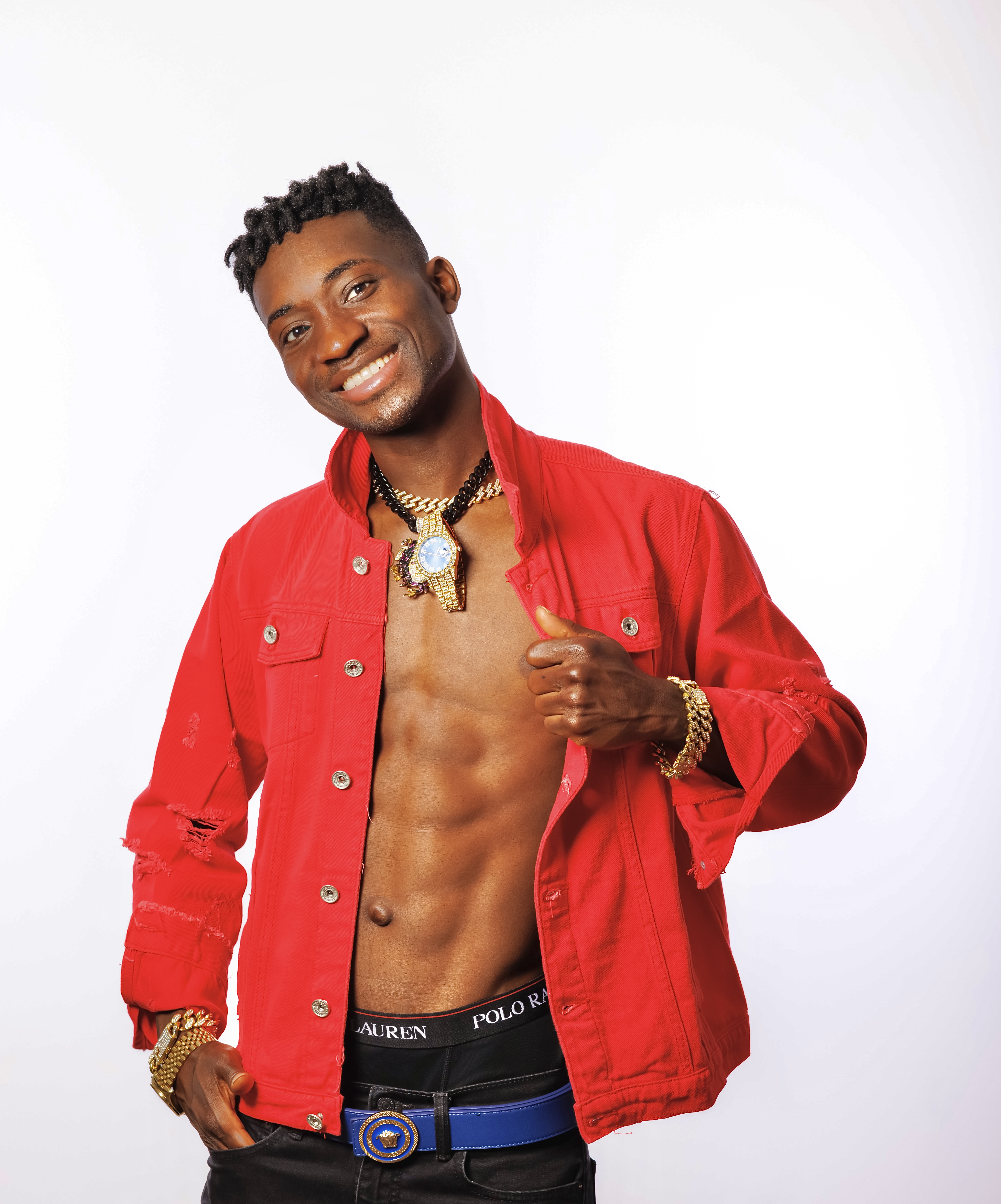
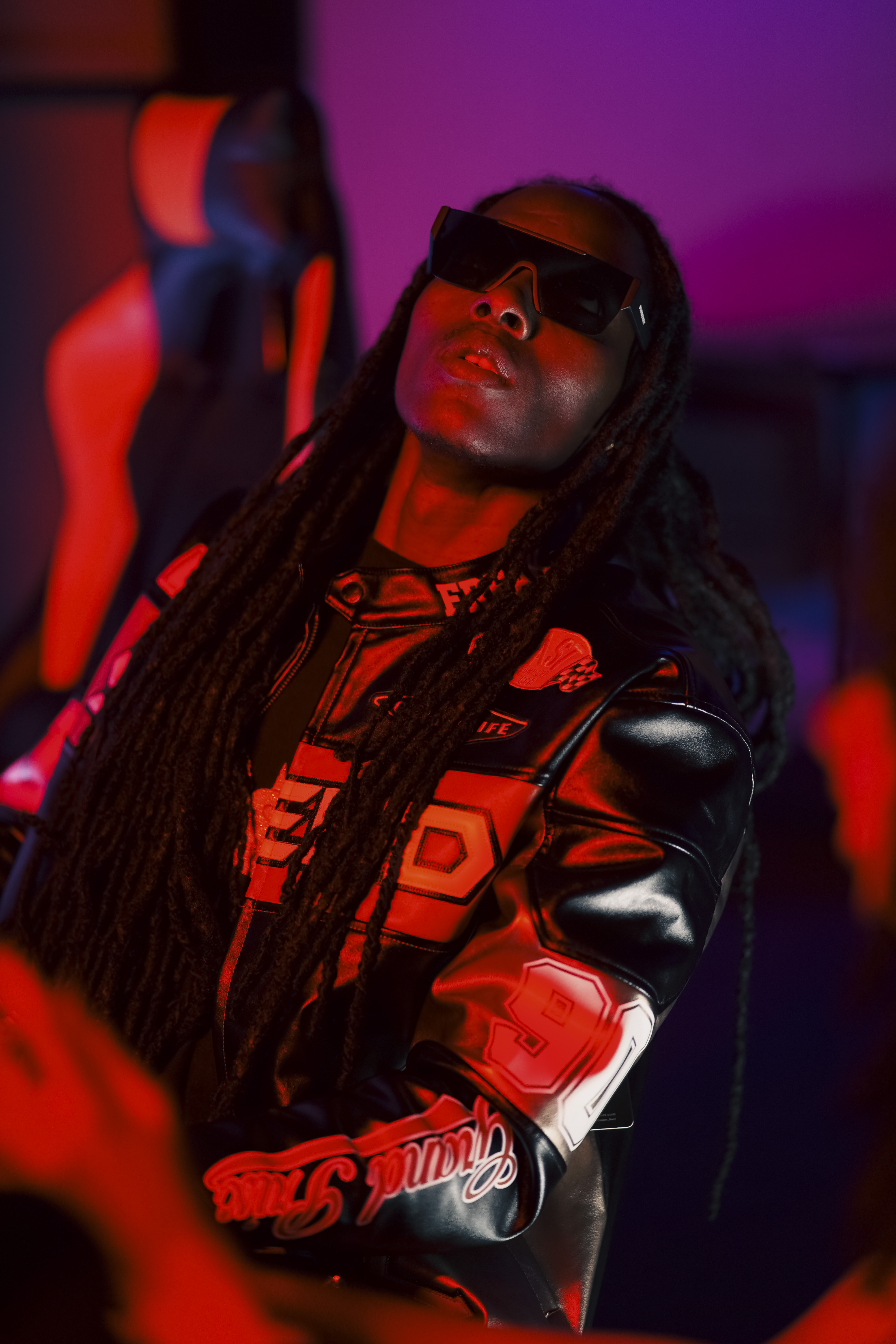
.jpg)
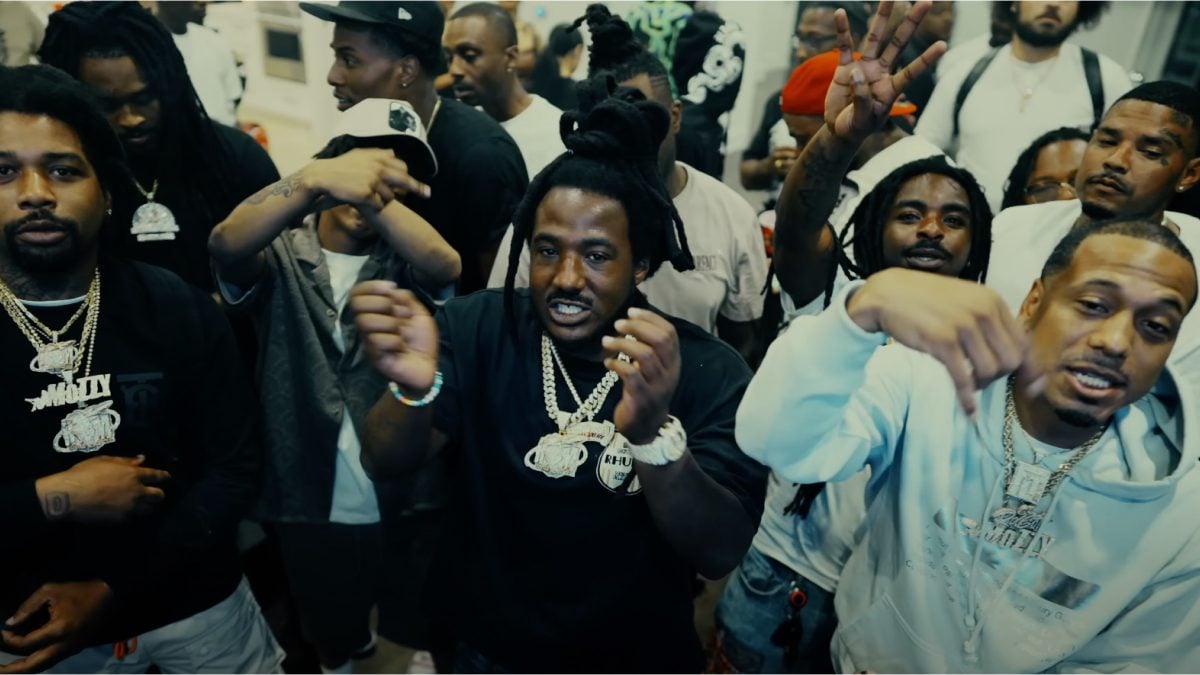
.jpg)
.jpg)

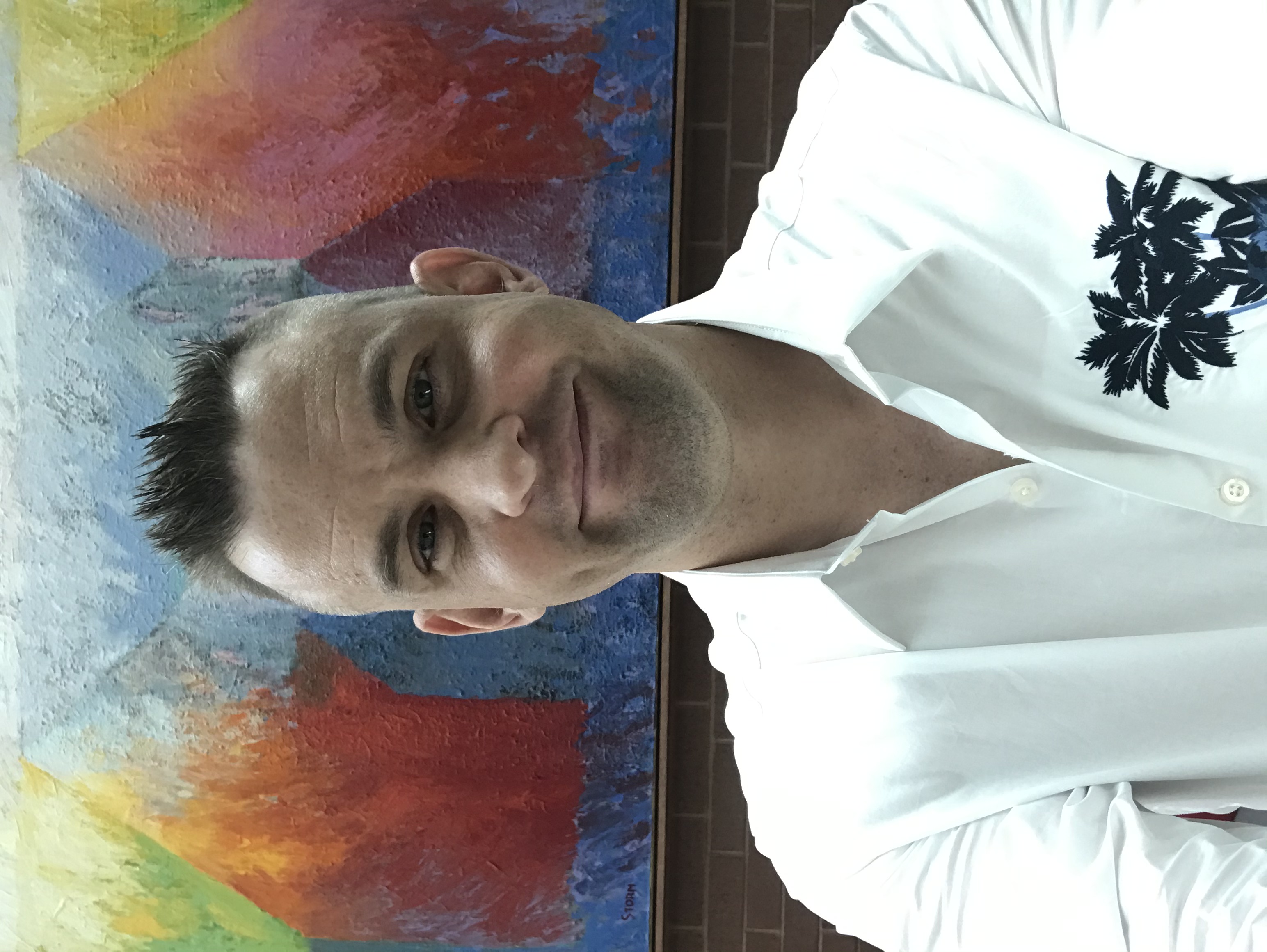

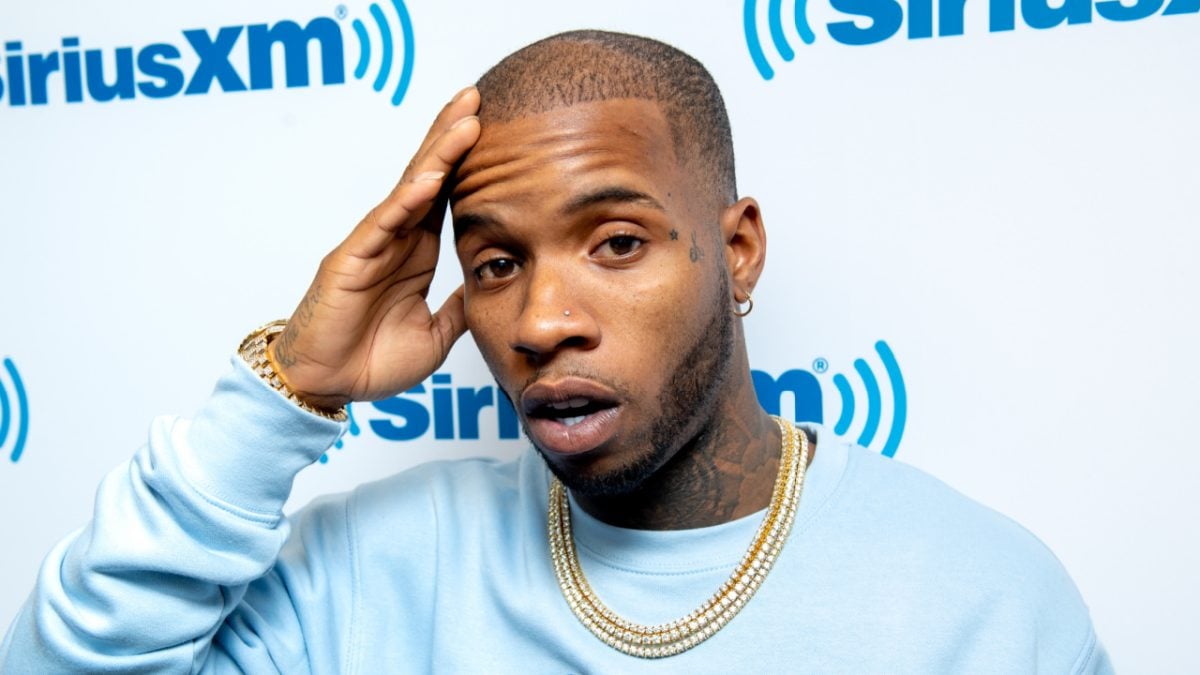
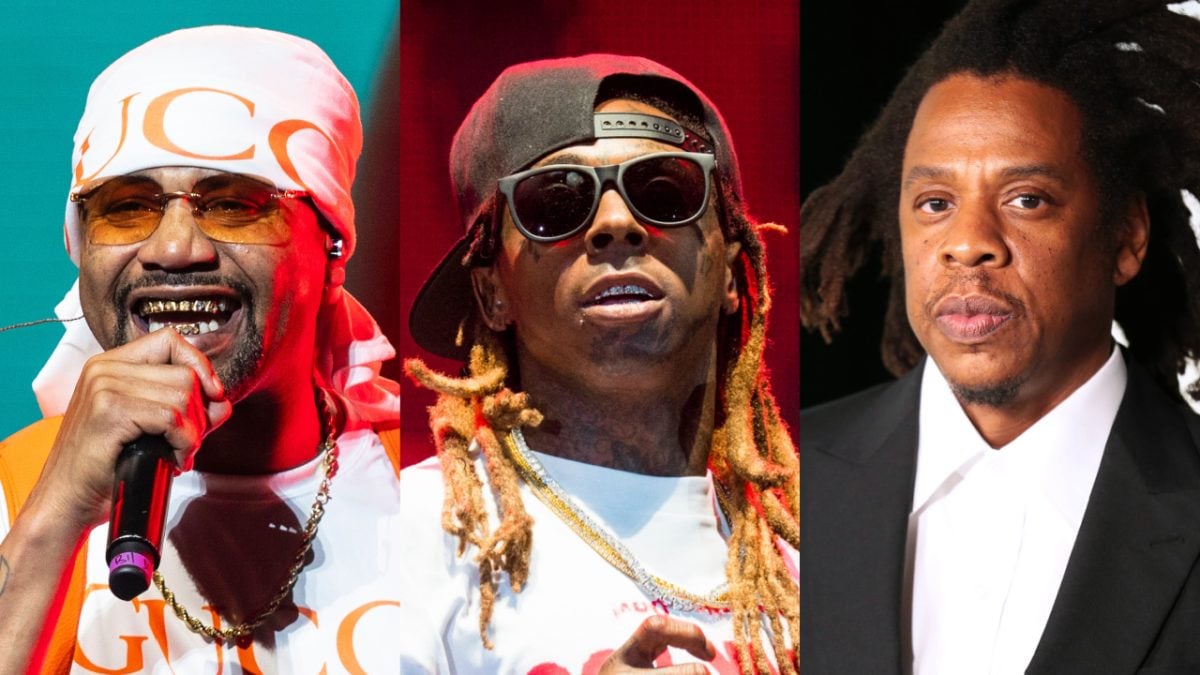
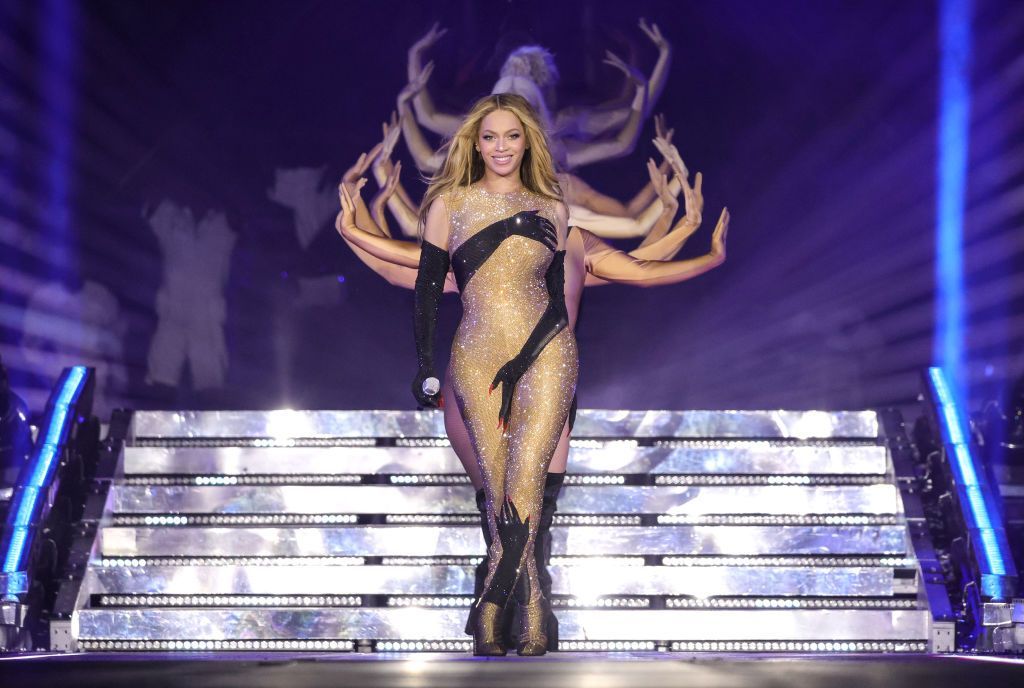
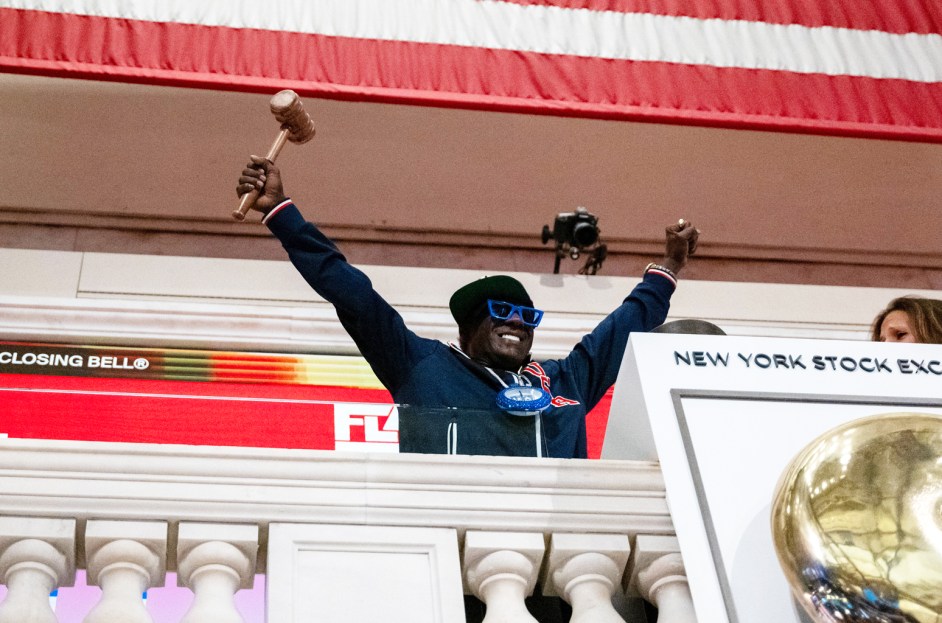
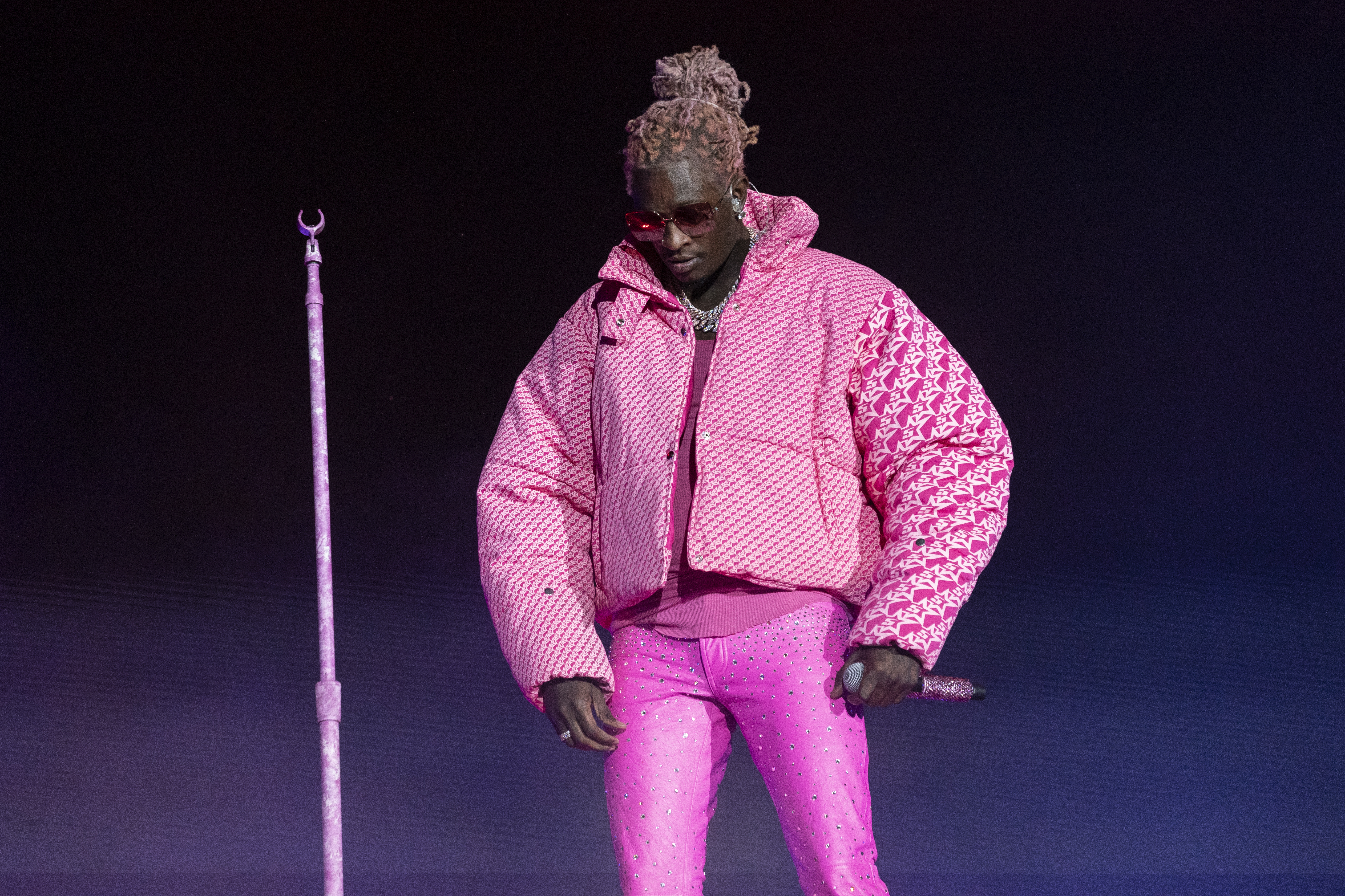
COMMENTS
Leave a comment